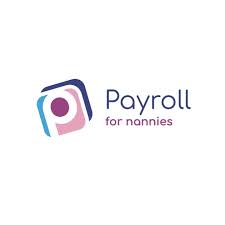Our partners at www.PayrollForNannies.co.uk provide payroll advice for parents and nannies and have provided this content. For more advice and support please get in touch with them.
On Saturday 31st October, the government announced that the Coronavirus Job Retention Scheme (CJRS) will continue until 1 December 2020 with grants covering 80% of wages, while implementation of the Job Support Scheme (JSS) has been delayed. This change has been brought about by the lock down to be introduced from Thursday, 5 November. Many MPs felt that the JSS provided insufficient support during a lock down.
The new national restrictions will apply from 5 November to 2 December 2020, but the financial support for employers applies from 1 November as the furlough scheme operates on full calendar months. October’s wages will still only be reclaimable at 60% of nanny’s standard gross, but as of November 80% will once again be reimbursed.
How much can be reclaimed under CJRS?
The CJRS will continue in force with the same conditions as applied in August 2020. The grant paid to employers will pay for 80% of the employee’s current wages for time not worked, up to £2,500 per month. The employer must pay for all the employer’s NIC and employer’s minimum workplace pension contributions on those wages.
The employer can top-up the employee’s furlough pay at their own expense if they wish to.
Which employees qualify?
Employees who were on the employer’s payroll on 30 October 2020 will qualify to be included in CJRS claim for November; they do not have to have been included in an earlier CJRS claim. The employee must have been paid by the employer, and that pay must have been reported on a RTI return before midnight on 30 October.
Flexi furlough
Flexible furlough will be permitted alongside full-time furlough, so nannies may be brought back part-time to say, set up the premises for the lifting of national restrictions, or to prepare for Brexit.
The same rules for flexible furlough will continue to apply as they have done since 1 July, so the employee may be furloughed for a few days or hours per week. There appears to be no minimum time set for furloughed hours or working hours.
However, each furlough claim must be for a period of at least seven consecutive calendar days.
How to claim?
If you would like to furlough your nanny in November, whether or not you have chosen to do so in the past, just let us know the date from which this will start and whether or not you would like to top their wages up to full pay and we will take care of everything for you.





